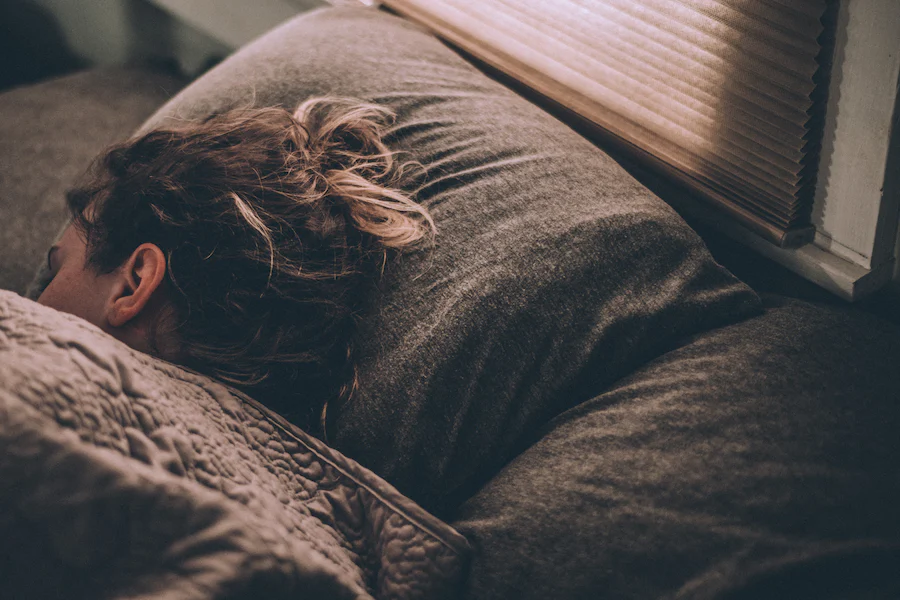Sleep accounts for one-quarter to one-third of the human lifespan. During sleep, the brain is engaged in several activities necessary to life, which are closely linked to quality of life. The brain stores new information and gets rid of toxic waste. Nerve cells communicate and reorganize, which supports healthy brain function. The body repairs cells, restores energy, and releases molecules like hormones and proteins. These processes are critical for our overall health.
The pandemic exacerbated sleep issues for many individuals, with terms like “coronasomnia” emerging to describe the surge in sleep disturbances. Surprisingly, over a year into the pandemic, collective sleep has continued to deteriorate. A survey by the American Academy of Sleep Medicine revealed that 20% of Americans reported pandemic-related sleep troubles in the summer, but this number rose dramatically to 60% in March, even as infection rates decreased and the country reopened. Sleep experts express astonishment at the worsening sleep trend.
It’s normal to have trouble sleeping during big changes in your life. But when the sleep disruptions last longer than three months it can qualify as chronic insomnia, which can have long-term health consequences.
Chronic sleep problems extend beyond inconvenience, impacting the immune system, memory, and attention span, and increasing the risk of conditions like depression, Type 2 diabetes, and heart disease. Studies suggest a correlation between shorter sleep and a shorter lifespan, with individuals over 50 sleeping less than six hours a night facing an elevated risk of dementia. The pandemic further disrupted sleep with irregular schedules, increased sedentary behaviour, weight gain, heightened alcohol consumption, and blurred boundaries between work, school, and home life.
One of the most effective treatments is cognitive behavioral therapy, or CBT. This approach helps you address the underlying thoughts, feelings and behaviors that are ruining your sleep.
Follow the next post for CBT-inspired ways to combat insomnia.


